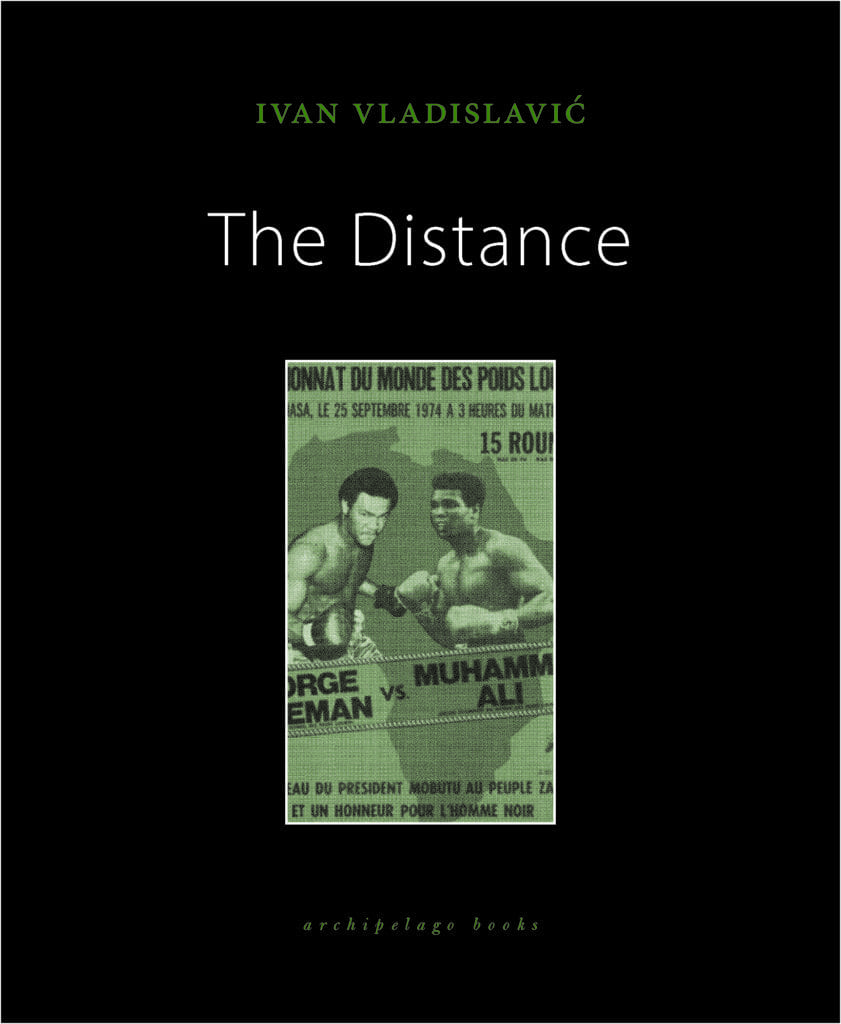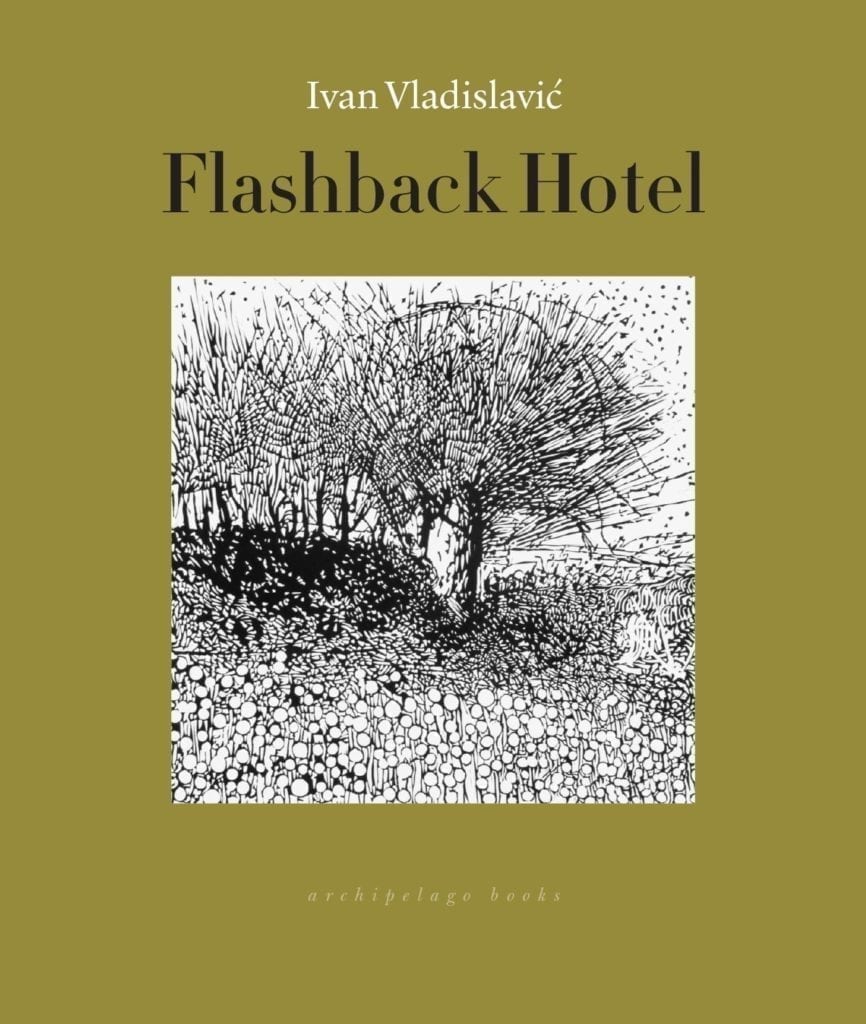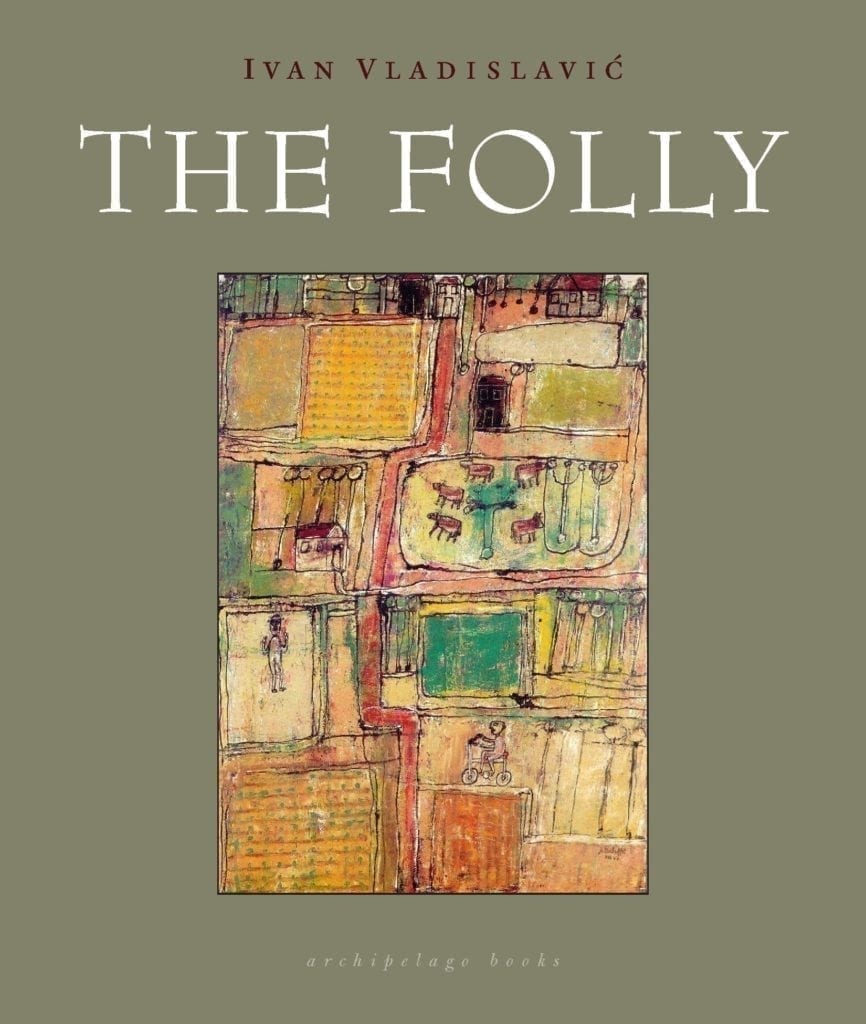Praise
...a startling collection by the South African writer Ivan Vladislavić...each protagonist in the four stories of The Exploded View is engaged in an effort to parse and pin down his post-apartheid nation; together, though, the stories suggest the fatuity of classification.
The title refers to those Ikea-like diagrams in which an object is exploded into its component parts; the characters enjoy no such coherent vision of how everything fits together in South Africa’s fractured cultural landscape. A sense of unease often permeates these subtly linked tales, which skillfully lay out a disorienting blueprint of modern Johannesburg.
Vladislavić's cryptic, haunting tale echoes Jorge Luis Borges and David Lynch, drawing readers into its strange depths.
Vladislavić is a rare, brilliant writer. His work eschews all cant. Its sheer verve, the way it burrows beneath ossified forms of writing, its discipline and the distance it places between itself and the jaded preoccupations of local fiction, distinguish it.
His art is about loosening the terrible grip of a world of dead images and opening the flow of new perceptions and fresh understanding.
Vladislavić’s plain and understated style gives force to the longing and frustrated desires of his characters.
The writing has a quality of unpredictability, a wildness that seeps through the fabric of Vladislavic's peerless linguistic control... Ivan Vladislavić is one of the most significant writers working in English today. Everyone should read him.
Vladislavić is without doubt the most significant writer in South Africa today.
In the tradition of Elias Canetti, a tour de force of the imagination.
His stylistic virtuosity, sardonic wit, playful inventiveness, and his cool intimations of menace transmute the banal into something rich and strange loaded with comic and philosophical significance.
The Exploded View is a small masterpiece by one of the best writers working today.
A parable about land, ownership, and power? A fable about the imagined other? An allegory of contestation and co-existence, or of the building (and dismantling) of systems? Occupying a tantalizingly unnameable region between fable, allegory, and parable, Vladislavić pushes at form and content to make something strangely new and profound of the novel.
The Folly is playful fiction with a corresponding (and paradoxical) seriousness of intent.
Vladislavić’s narrative intelligence is nowhere more visible than in his way with language itself. Each section is perfectly judged; we enter incidents in medias res – as though they were piano études – and exit them before we have overstayed our welcome.
Vladislavić is sensitively attuned to the uncanny phenomena that explode from the social fault lines of his city.
Extras
Visit the author’s website here.
In February 2015, Ivan Vladislavić was named as one of this year’s nine recipients of the Windham Campbell Prize, which are awarded by Yale University. Each recipient received an unrestricted $150,000 grant.
Read Mr. Vladislavić’s interview with Christine Emmett of aerodrome, in which he talks about the architectural history of South Africa and his approach to writing and editing.
In Granta, S.J. Naudé and Ivan Vladislavić “discuss translation, divided cityscapes and electric currents in writing.”
To get a sense of the context and critical response to some of Ivan Vladislavić’s earlier writing, check out the Kenyon Review on The Loss Library, which experiments with form in a way “astonishingly well suited to represent South Africa’s complex relationship to history.”
Read Jan Steyn’s interview with Ivan Vladislavić at The White Review.
Leadership Magazine has a piece on Ivan Vladislavić, read it here.
At Bard College Ivan Vladislavić spoke with Naruddin Farah and Robert Kelly. Read their conversation here.
Read an interview between Ivan Vladislavić and Tristan Foster in 3 AM Magazine here.




